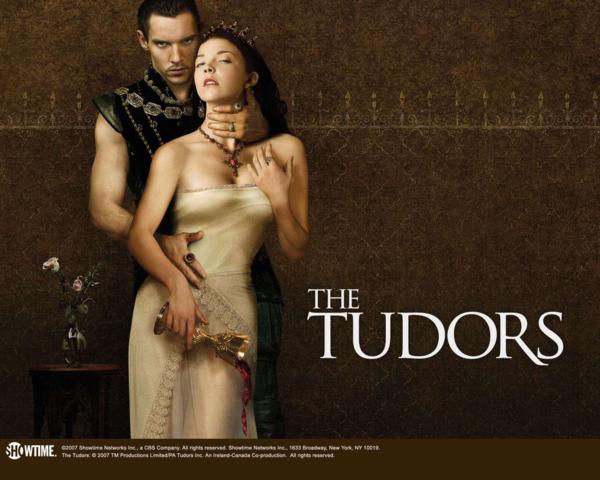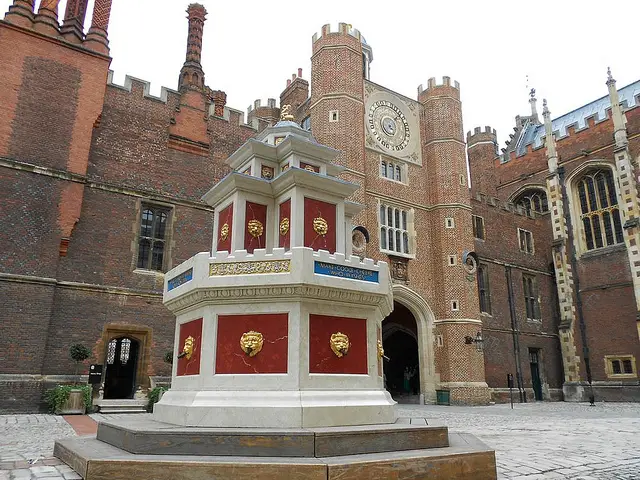A fun quiz about Thomas Cromwell, Henry VIII's right hand man, and the protagonist of Hilary Mantel's Wolf Hall.
Thomas Cromwell
Correct! He was a beer brewer ("berebruer") and also kept sheep and cattle. He was fined a number of times for watering down beer.
Wrong! He was a beer brewer ("berebruer") and he also kept sheep and cattle. He was fined a number of times for watering down beer.
Correct! And it worked. The Pope, who was known for his sweet tooth, granted the renewal of the licence.
Wrong! Cromwell tempted him with some English "fine dishes of jelly". The Pope, who was known for his sweet tooth, granted the renewal of the licence.
Correct! He served Wolsey as a lawyer and was in charge of setting up Cardinal College, Oxford, and Cardinal’s College School, Ipswich, in Wolsey’s name.
Wrong! It was Thomas Wolsey's. He served Wolsey as a lawyer and was in charge of setting up Cardinal College, Oxford, and Cardinal’s College School, Ipswich, in Wolsey’s name.
Correct! Diarmaid MacCulloch points out that Cromwell had given Parliament the power to intervene in the constitution and that this power has never been surrendered. The monarch now had to include Parliament in decision making, so this was where democracy started.
Wrong! It was the Act in Restraints of Appeals. Diarmaid MacCulloch points out that Cromwell had given Parliament the power to intervene in the constitution and that this power has never been surrendered. The monarch now had to include Parliament in decision making, so this was where democracy started.
Correct! He was made Master of the King's Jewel House.
Wrong! He was made Master of the King's Jewel House.
Correct! In fact, his legislation is seen as the foundation of Elizabeth I's Poor Law.
Wrong! It was poverty. His poor relief legislation is seen as the foundation of Elizabeth I's Poor Law.
Correct! was the Old Testament story of King Ahasuerus “who was moved by a wicked minister to destroy the Jews” but Queen Esther stepped in with different advice and saved the Jews. In Skip’s sermon, Henry VIII was Ahasuerus, Anne Boleyn was Queen Esther and Thomas Cromwell, who had just introduced the Act of Suppression of the Lesser Monasteries into Parliament, was Haman, the “wicked minister”.
Wrong! It was the Old Testament story of King Ahasuerus “who was moved by a wicked minister to destroy the Jews” but Queen Esther stepped in with different advice and saved the Jews. In Skip’s sermon, Henry VIII was Ahasuerus, Anne Boleyn was Queen Esther and Thomas Cromwell, who had just introduced the Act of Suppression of the Lesser Monasteries into Parliament, was Haman, the “wicked minister”.
Correct!
Wrong! He was made Lord Great Chamberlain
Correct!
Wrong! It was in 1537.
Correct!
Wrong! He was labelled a "detestable heretic".
Correct! The source was Louis de Perreau, Sieur de Castillon, the French ambassador.
Wrong! It was said that Cromwell was planning to marry Mary and make himself king. The source was Louis de Perreau, Sieur de Castillon, the French ambassador.
Correct!
Wrong! Henry VIII married Catherine Howard.
Correct!
Wrong! It was at the Chapel of St Peter ad Vincula at the Tower of London.



I am sorry to sound cynical about his wish to tackle poverty but much poverty was also created by him with the closure of the monasteries. The monastic system did not just have a few monks, but employed monastic servants as monks in some orders could not do certain tasks, employment in and on monastic farms, they employed lay people to help with brewing, teaching and healing, provided homes and shelter, schools, infirmaries, mended and maintenance to bridges, roads and rivers and were vital for trade in the local markets. Many schools had to be refounded, like the King’s College at Worchester for example. I am not knocking Cromwell. I am sure that he felt he could go further by tackling the wider poverty in the cities and parish, with more formal poor laws following it has been argued the original welfare state was born, but I am suspicious of most things Cromwell did and think that his religious political agenda had several nasty side effects. I find it ironic that the Tudors had the harshest laws for unlicensed begging with branding, flogging and even hanging for a third offence, especially as they also caused the problem with the closure of the monasteries and sale of monastic lands and land enclosures. Queen Anne Boleyn fell out with Cromwell as she disapproved of the lands being sold or even just given to greedy nobles and courtiers, rather than being used for community projects. Queen Jane Seymour questioned the bribes that Cromwell took in order to continue to allocate those lands to those same courtiers. The money officially went to the royal treasury but it was cramed off the top by Cromwell and others and much was used by Henry Viii for his fantasy palaces and defences. The defences were needed, his grand palaces were not, although it could be argued that any building project is good as it provides employment.